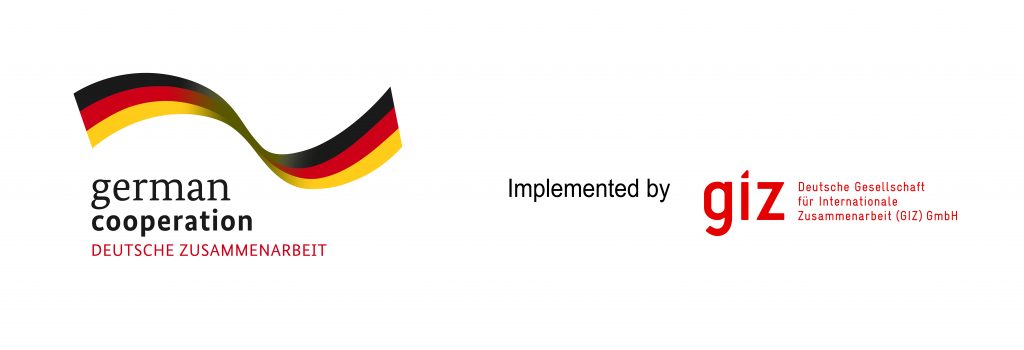Focus countries: Burundi, Ethiopia, South Africa, Uganda, Zambia
As cross-border corruption cases continue to make headlines and put pressure on governments across the world to take action, civil society organisations are actively engaged on this issue. In the past five years, more and more civil society groups from the Global South have begun working on cases stemming from their own countries and engaging globally in discussions on illicit financial flows and asset recovery.
In this project, we undertook an assessment of five countries in East and Southern Africa that show promise for civil society organisations to have a stronger voice in the asset recovery process and in countering IFFs, but where capacity gaps exist and where networks are lacking. Following this we produced research and tools for greater CSO engagement.
Growing interest but stronger capacity needed to engage on asset recovery in the Global South
Civil society organisations in many countries have had so far limited experience to work on asset recovery and need support to engage in both ongoing cases and the systemic reforms needed to prevent illicit financial flows and to return any stolen assets.
Civil society also needs to better connect with peer organisations in other regions of the world, especially with countries relevant for their asset recovery cases.
CiFAR’s response
In this project, CiFAR focussed on the first phase of our capacity building approach – scoping. Scoping is the beginning of our support to local CSOs. We will establish contacts with CSOs, understand better the operating environment, identify potential partners for future work as well as advocacy opportunities and recommendations.
In this project, aimed to specifically:
- Identify strengths, weaknesses, operational frameworks, and recommendations on collaboration opportunities of civil society to become stronger actors for transformative change in tackling IFFs and promoting transparent and accountable stolen asset recovery.
- Identify advocacy opportunities, recommendations, and needs for reform in combating IFFs and promoting asset recovery in the region and specifically in five countries, analysing IFF and asset recovery frameworks, relevant grand corruption cases, key stakeholders, and recommended actions for civil society engagement in this.
- Build plans to engage further with identified civil society organisations.
The targeted countries were: Ethiopia, Uganda, and Burundi and for Southern Africa: Zambia and South Africa.
Our partner for this project was the East African Civil Society Organizations’ Forum (EACSOF).
Funding of the project


